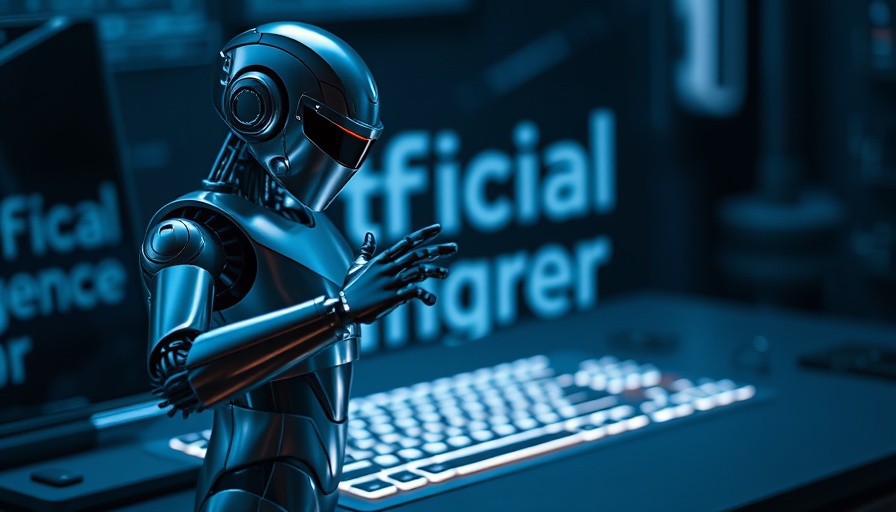
Will AI Revolutionize Job Creation?
The rise of artificial intelligence (AI) has sparked both excitement and concern about the future of work. Many believe that while technology will automate certain tasks, it also holds the potential to create new job opportunities. However, the big question remains - who will benefit from these new jobs? As we navigate this technological wave, understanding the implications of AI on the job market is crucial.
Understanding AI's Impact on Employment
First, it is essential to grasp how AI works and its current trajectory. AI employs algorithms and data to perform tasks that typically require human intelligence, including data analysis, pattern recognition, and decision making. This shift is expected to lead to the creation of roles that revolve around managing, developing, and deploying AI technologies. Job titles in this emerging sector may include AI ethics consultants, data scientists, and machine learning engineers.
Who Will Create the Most AI Jobs?
The creation of these jobs primarily depends on accessibility. Tech-savvy individuals and those already in STEM (Science, Technology, Engineering, and Mathematics) fields may find it easier to transition into AI-related roles. Conversely, those in industries susceptible to automation might find the landscape shifting dramatically beneath their feet. For instance, workers in manufacturing or administrative roles may face declines in job availability, prompting the necessity for upskilling in more tech-oriented fields.
Challenges to Workforce Adaptation
In navigating this evolving job market, several challenges arise. One significant hurdle is the digital divide; disparities in access to technology and education can limit opportunities for those in disadvantaged communities. If we fail to equip these populations with the necessary skills, we risk widening the gap between the tech-savvy elite and those who struggle to integrate into the evolving workforce.
Embracing Continuous Learning
Encouraging a culture of continuous learning and adaptability is vital as we venture into an AI-driven future. Educational institutions are beginning to recognize the importance of incorporating AI literacy and coding skills into curricula. For instance, programs focusing on computer science and digital skills can empower the next generation to thrive amidst technological advances.
Conclusion: Bridging the Gap
As we look forward to a future shaped by AI, it is evident that innovation will create new jobs, but the distribution of these opportunities will be crucial. Ensuring equitable access to education and resources can help prevent a divide in the workforce. By focusing on upskilling and lifelong learning, we can motivate individuals across various backgrounds to participate fully in this new economy. It’s time to take action: equip yourself or your community with the skills necessary to remain relevant in an AI-driven world!
 Add Row
Add Row  Add
Add 




Write A Comment